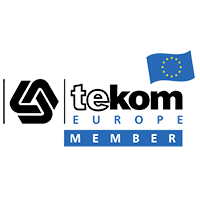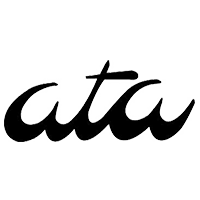Are you ready for the new GDPR?
What is the new reform all about?
In January 2012, the European Commission submitted its EU Data Protection Reform. It came after increasing pressure from EU citizens to have the same data protection rights, no matter where within the European Union their data is processed.
GDPR is a regulation that requires businesses to protect the personal data and privacy of EU citizens for transactions that occur within EU member states. This also extends to businesses that do not have a physical presence in any of the EU states, however provide goods and services to EU citizens, in turn processing their personal data.
This year on May 25 companies processing data of EU citizens must be able to show compliance to this new regulation. For those unable to do so will risk hefty penalties of up to €20million or 4% of total global revenue, whichever is of greater value.
A risk probably not worth taking right?
According to an analysis conducted by consulting firm, Oliver Wyman, the majority of companies are not prepared for the new regulation “or to adapt to the business consequences of losing their data bank” as stated in Oliver Wyman’s article “FTSE 100 Companies Could Face Up to £5 Billion a Year in Fines When GDPR Tsunami Hits Our Shores” on their website.
What data is protected under the new GDRP?
The regulation covers both personal data and sensitive personal data. Personal data includes all data that can identify a person, including IP addresses, physical address or even a pseudonym. Sensitive data includes gender, sexual orientation, religious beliefs and even health data.
The new GDPR also addressed data breaches, making it mandatory for companies to inform of such incidents within a 72 hour window.
How will this affect companies?
The biggest change will be primarily in the way personal data is processed, stored and protected. Companies will only be able to store data after being provided with consent from the individual and will need to establish a process to easily remove data when requested. However one consideration that you may or may not have considered yet, is how your Language Service Provider will ensure the same level of security when this data needs to be translated.
What happens if this data needs to be translated?
As part of our commitment to excellence and to comply with clients’ regulations, we are ISO 27001 certified for the management of information and security. This certification ensures we have processes in place for processing and protecting confidential data.
When a project containing protected data is submitted to Argos, it is immediately tagged as a “Restricted” project, automatically informing all parties involved in the projects’ execution of its status, including Argos’ internal Risk Team. This process prevents parties outside of the project from accessing any of the files.
For this type of data Argos is using technology to manage the process efficiently and to provide increased security for file handling. The files are processed through our secured TMS system, where the content within the files is translated online with no option to download and are available only to those with appropriate access rights.
For more information about GDPR, please visit the European Commission’s website, where you will find the complete GDPR document.
At Argos Multilingual, we understand the importance of regulatory compliance, and we are ready to help your business transition through these changes through our ISO-approved Language Translation Services. Our teams are equipped with the knowledge and tools to ensure your content and processes are in compliance with any regulatory changes in your industry. No matter what the regulation is and which industry it affects, our teams are at the forefront, preparing transition programs to ensure you global business continues to prosper. If you are interested in finding out how we can help with your next project, Reach Out to Us!




